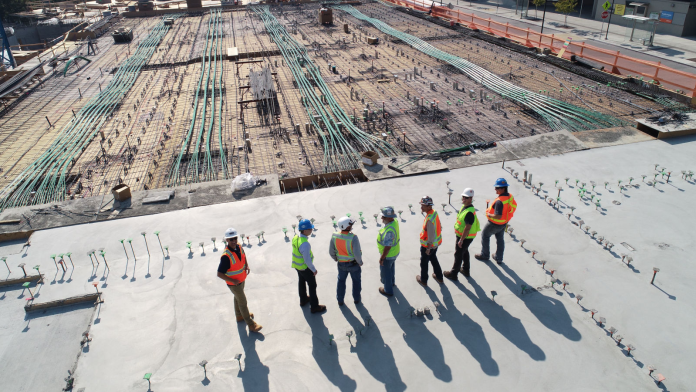Czechia is grappling with a critical shortage of construction aggregates and sand-gravel mixtures, vital for infrastructure projects including highways, railways, and high-speed lines, according to a study commissioned by the Directorate of Roads and Motorways (ŘSD).
With reserves dwindling and permitting delays stifling new quarry openings, Industry and Trade Minister Lukáš Vlček has proposed designating strategic mining sites to accelerate extraction and stabilise prices.
The government’s draft regulation aims to classify certain mineral deposits as “strategic,” enabling faster approvals and simplified land expropriation processes. Vlček emphasised the urgency, stating the move would “increase extraction and reduce price pressure” amid rising demand.
The Czech Geological Survey is currently identifying viable sites, which must pass rigorous environmental and technical assessments to qualify for the status.
Industry leaders have welcomed the initiative, citing a decade-long logjam in quarry approvals. Petr Dušek, spokesperson for České štěrkopísky, the nation’s largest aggregate supplier, warned that without swift action, severe shortages could cripple construction within five years.
New deposits are practically not being opened today, and when they exceptionally are, the permitting drags on for over 10 years.
The crisis coincides with a surge in planned infrastructure projects, including high-speed rail networks, nuclear power plants, and highway expansions. The ŘSD-commissioned study highlights “alarming” supply constraints, noting that existing deposits face “short-term limitations.”
Current laws, criticised for bureaucratic complexity, have stifled new mining ventures. Strategic status would bypass these hurdles, though environmental concerns linger. The government has yet to clarify safeguards for ecosystems near proposed sites.
